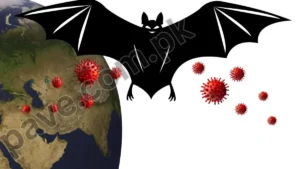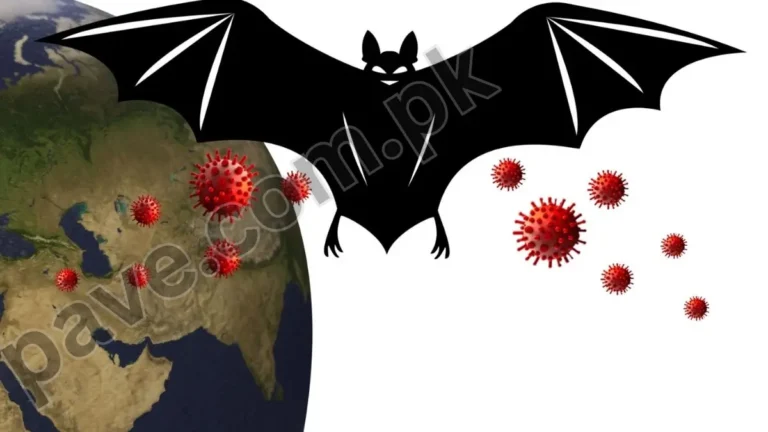CM Maryam Nawaz Launches Ration Card Scheme for 150000 Sanitation Workers in Punjab – Big Relief Initiative 2025

CM Maryam Nawaz Launches Ration Card Scheme for 150000 Sanitation Workers in Punjab to provide essential food items at subsidized rates. This initiative aims to support sanitation workers across Punjab, recognizing their significant contributions in maintaining cleanliness and improving public health. By offering monthly rations, the scheme directly benefits 150,000 Suthra Punjab workers, ensuring they receive much-needed assistance for their families.
The Suthra Punjab workers have been working relentlessly to keep Punjab clean and free from waste, ensuring a healthier environment for all citizens. This scheme is a big relief initiative, providing essential support to those who work tirelessly behind the scenes.
Recognizing the Hard Work of Suthra Punjab Sanitation Workers
Sanitation workers are often the unsung heroes of any society. In Punjab, these workers play a crucial role in maintaining cleanliness across cities, towns, and villages. Their work ensures that waste is properly managed, keeping pollution at bay and preventing health risks.
The ration card initiative is a step toward providing them with much-needed relief. CM Maryam Nawaz acknowledged their immense contribution, stressing that their work is no less important than other frontline services, such as those performed by Rescue 1122 and civil defense workers.
The Ration Card Scheme: What It Means for Sanitation Workers
The new ration card scheme aims to offer monthly food rations to 150,000 sanitation workers across the province. This will provide them with basic food supplies like rice, wheat flour, cooking oil, sugar, and other essential goods, all available at subsidized prices. The scheme ensures that these workers will not only have access to affordable food but also receive the recognition they truly deserve.
This scheme highlights the Punjab government’s commitment to worker welfare and social support for the most marginalized groups in society.
Check Also: Breaking News: Honda Bikes Available for Rs. 13,000 Every Month
CM Maryam Nawaz: A Symbol of Support for Sanitation Workers
During her address, CM Maryam Nawaz wore the uniform of the Suthra Punjab workers to show solidarity with the workforce. By doing this, she highlighted the importance of their role in keeping Punjab clean and prosperous. She stated, “If I, as Chief Minister, can wear a commando’s uniform, I can certainly wear the uniform of those who keep Punjab shining.”
This symbolic gesture sent a strong message of respect and dignity to sanitation workers, signaling that their labor is valued at the highest level of government.
Sanitation Workers’ Role During the Punjab Floods
Sanitation workers not only handle everyday waste management but also contribute during emergencies. During the recent floods in Punjab, these workers became key players in the flood relief efforts. Many of them formed human chains to hold back floodwaters and assisted in other flood-related tasks, risking their lives to protect their communities.
Maryam Nawaz commended the workers for their bravery and dedication, alongside Rescue 1122, police, and civil defense units, who all worked together to mitigate the flood’s impact on the people of Punjab.
Check Also: Breaking News: CM Maryam Nawaz Announces Rs 5 Lakh Aid for Destroyed Homes
Improving Sanitation Infrastructure Across Punjab
As part of this initiative, the Punjab government has already deployed 35,000 units of sanitation machinery and thousands of waste containers across the province. The Chief Minister confirmed that this new equipment would further enhance the sanitation system, making it more efficient and able to handle larger volumes of waste.
Over the next year, the Suthra Punjab system will be fully modernized, and sanitation services will be available in every district of the province. This represents a major upgrade in Punjab’s sanitation infrastructure, aiming to provide cleaner cities and better working conditions for sanitation staff.
Public Perception and Shift Towards Respect for Sanitation Workers
With the ration card scheme and increased focus on worker welfare, public perception of sanitation workers has shifted positively. They are no longer seen as garbage collectors but as cleanliness workers, receiving the respect they truly deserve for maintaining hygiene and environmental health in their communities.
This shift in perception is critical for improving their working conditions and overall well-being, allowing them to perform their duties with pride and dignity.
Check Also: Punjab Livestock Relief Program 2025 Latest Breaking News
Broadening the Scope of Social Welfare and Development in Punjab
In addition to the ration card scheme, CM Maryam Nawaz also announced a series of other welfare initiatives aimed at improving the lives of ordinary citizens. These include scholarships, laptops, and education support for deserving students, along with significant improvements in healthcare, crime reduction, and public safety.
Her administration continues to focus on improving public infrastructure, reducing crime rates, and enhancing living standards for all. Sanitation is a key part of this broader agenda, ensuring that Punjab remains clean and healthy for all its residents.
Conclusion: A Step Toward a Cleaner and More Respectful Punjab
The ration card scheme for sanitation workers is a significant step toward ensuring the well-being of Punjab’s most crucial workers. This initiative not only provides direct support to 150,000 sanitation workers but also acknowledges the critical role they play in maintaining the cleanliness and hygiene of Punjab’s urban and rural areas.
As CM Maryam Nawaz continues her efforts to improve Punjab’s sanitation systems and public welfare, this initiative stands as a testament to her commitment to worker welfare and social progress. The government’s efforts to improve the public perception of sanitation workers will lead to a cleaner, healthier, and more prosperous Punjab.
FAQs about Ration Card Scheme for 150000 Sanitation Workers in Punjab:
What is the purpose of the ration card scheme for sanitation workers in Punjab?
The scheme aims to provide essential food items to 150,000 sanitation workers across Punjab at subsidized prices to improve their living standards.
What items will the ration cards cover?
The ration cards will cover basic essentials such as rice, wheat flour, cooking oil, sugar, and other staple food products.
How many workers will benefit from this initiative?
The ration card scheme will benefit 150,000 sanitation workers in Punjab.
What role did sanitation workers play during the Punjab floods?
Sanitation workers played a critical role in flood relief efforts by forming human chains to hold back floodwaters and supporting rescue operations.
What improvements are being made to Punjab’s sanitation infrastructure?
The Punjab government has deployed 35,000 units of sanitation machinery and thousands of containers, with a vision to modernize the sanitation system across all districts within a year.
How has public perception of sanitation workers changed?
Public perception has shifted positively, with sanitation workers now being referred to as cleanliness workers and receiving the respect they deserve for their contributions.
What other welfare initiatives has CM Maryam Nawaz announced?
Other initiatives include scholarships, laptops, and improvements in healthcare, crime reduction, and public safety.
How does the ration card scheme align with Punjab’s overall development goals?
The ration card scheme is part of a broader effort to improve public welfare, sanitation, and the overall quality of life for citizens in Punjab.
What are the long-term plans for sanitation workers in Punjab?
The government aims to modernize the Suthra Punjab system, improving the working conditions and efficiency of sanitation services in all districts of Punjab.
What message does CM Maryam Nawaz’s gesture of wearing the uniform of sanitation workers send?
The gesture symbolizes respect for sanitation workers and underscores their importance in creating a cleaner, healthier Punjab.










